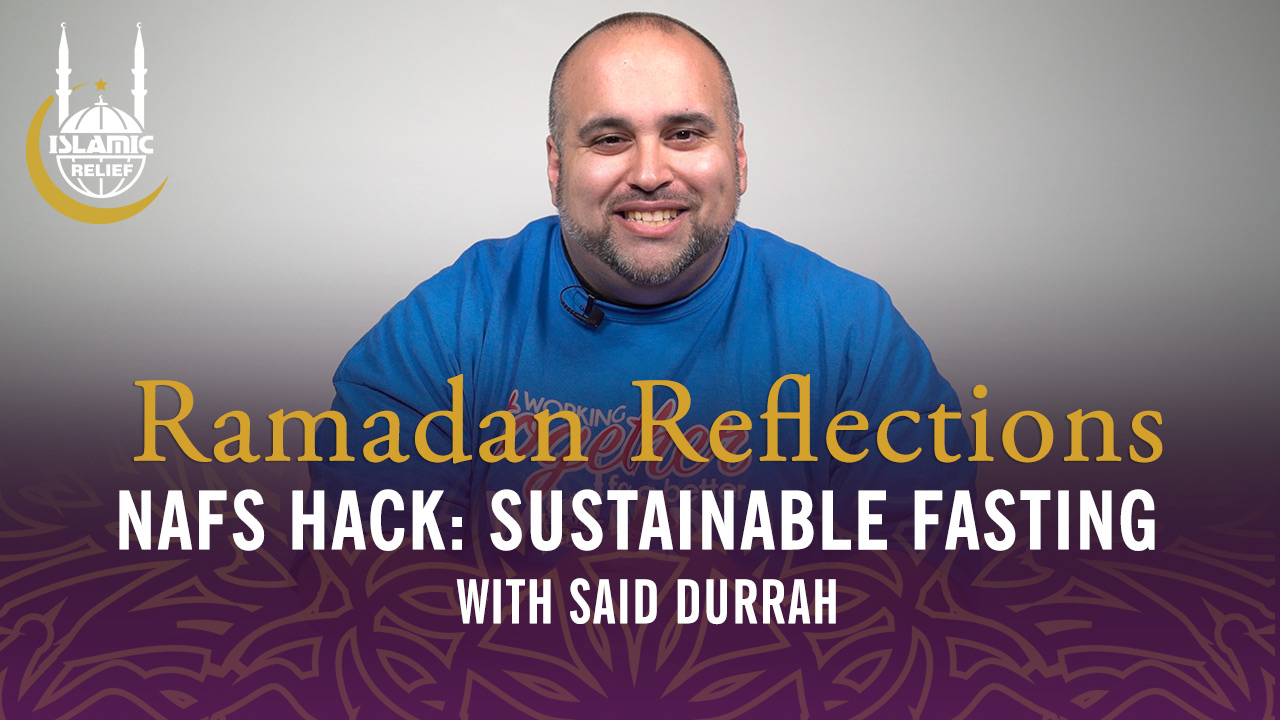‘The Wiz’: How To Live With Perspective, Even in Oz

With NBC’s powerful premier of ‘The Wiz Live!’, talk about The Wiz’s revival is everywhere. But we need to stop focusing The Wizard of Oz and The Wiz comparisons on race.
While the original Wizard of Oz is iconic, and the original film is good for its time, it’s unbearably dated, even in its philosophy and perspective of the world. I think we can always enjoy The Wizard of Oz for what it is, but in the world we live in today, The Wiz is arguably a lot more relevant. Regardless of race, The Wiz’s lessons-in-living apply to everyone. The humanitarian perspective in The Wiz is the strongest part of Dorothy’s journey. If we can appreciate the ways that The Wiz successfully integrates this perspective as a believable, better way that people can pursue “success” in life, we can learn more from The Wiz than just topical treatments of diversity, urban living and a certain kind of African American experience.
First, The Wizard of Oz is very much an event- and milieu- driven story. The tornado happens, and Dorothy ends up in a new place where everything is not what it seems. But then, while the 1935 version of Dorothy has the opportunity to be a very active character in her journey, she is pretty passive. Basically, Dorothy wanders around an unknown place, her milieu, and sees and experiences things that are hard for her to comprehend, and then she goes back home to the safety of her farm where she appreciates her secluded life a little more.
Dorothy in The Wiz is different. She doesn’t just happen upon things and creatures. Things don’t just happen to her. She actively takes risks for the betterment of herself and her community. She makes choices to save her newfound friends. She is responsible for moving her plot forward. She is a problem solver. And she is a character with depth and circumstance that is easily more identifiable than The Wizard of Oz’s Dorothy.
And the supporting characters in The Wiz are responsible for their growth too. Although they struggle with their circumstances, and get some help from Dorothy, the ultimate realization that they are not helpless to overcome their individual situations culminates in their meeting the Wizard in the Emerald City.
Rather than wait for the Wizard to give them the gifts of things they already have in order to realize them, the Lion, Tin Man and Scarecrow already know that they have these characteristics with them, and they aren’t fooled by the Wizard’s grand gestures to realize these things for them. In fact, The Wiz takes this scene one step-further. We see that faith in the larger institution to help develop these individual characters pales in comparison to the people supporting one another to develop their own, quality characteristics. And none of them lose by doing this, in fact, the only way they succeed in realizing their best selves are by supporting one another in the pursuit of a much bigger purpose.
When you think about the world we’re living in, there is certainly a call to pay more attention to our individual roles in affecting our own lives and the lives of others. The more passive we become about our life journey because of our circumstances, the less we develop as people, and the more we rely on greater systems to decide our life course for us.
“VERILY, NEVER WILL GOD CHANGE THE CONDITION OF A PEOPLE UNTIL THEY CHANGE WHAT IS IN THEIR HEARTS.”
More than this, the less we actively explore, and seek to help others and build community in a world that seems fraught against positive growth, the more we’ll see ourselves divided and unfulfilled.
Instead of revealing the Wizard as just a man behind the curtain who gets to skirt his manipulation and exploitation of Oz with a little humor and lack of accountability, The Wizard in The Wiz delves deeply in the ultimate weakness of man.
The Wizard in The Wiz serves as a warning. His end is a path he’s also chosen: One that is immediately apparent as shameful, sad and lonely, despite his accumulated power. And even he, we realize, is not without the possibility for redemption although it requires answering for his actions and overcoming his weakness to come clean—which he won’t do. He, although the most powerful figure literally, is the least powerful presence in the entire musical.
The choices we make in this life to overcome our circumstances and succeed in realizing our full potential is not insulated and individual. Although our experiences are individual, it’s through community and faith that everyone succeeds in their pursuit of self-actualization.
As Dorothy realizes:
“HOME IS KNOWING, KNOWING YOUR MIND, YOUR HEART, YOUR COURAGE. IF WE KNOW OURSELVES, WE’RE AT HOME ANYWHERE.”
WHAT DO YOU THINK?
JOIN THE CONVERSATION ON TWITTER AND FACEBOOK.
& if you like this post, let us know: Share it!



